Droves of workers have reportedly gone from working hard to hardly working, feeling disenfranchised, disheartened, and burnt out.
“Quiet Quitting,” the catchy new moniker coined by TikTok users, refers to the idea of “not outright quitting your job, but instead, quitting the idea of going above and beyond.”
Lisa Souza, an insurance claims adjuster, saw her workload increase significantly during and after the pandemic. Souza claimed she was repeatedly given projects outside her field of expertise.
“You’re going to stretch me so far I’m just going to end up being a pile of goo,” Souza reportedly told her employer. “It got to be too much.”
Instead of outright quitting their jobs, exhausted employees are supposedly shirking any additional workloads or responsibilities. Many workers “have shifted to doing the bare minimum,” says Annie Rosencrans, U.S. people and cultural director for HiBob.
Several experts believe the latest shift in job mentality was made possible due to widespread labor shortages and the unprecedented leverage workers now wield over their employers.
Employees know “they can demand more if their employers want more from them,” said Joe Galvin, chief research officer at Vistage.
In April, 51% of workers surveyed reported feeling burned out, according to a Harris Poll. When it comes to white-collared workers, 62% said they feel more emboldened to insist on a better work-life balance since the labor crunch began, according to a May survey of professionals by Korn Ferry.
For blue-collared workers, the current workplace trends allow them to earn more money and advance to higher-paying positions.
Furthermore, many employees no longer define themselves by traditional career progression and success markers, said Mark Royal, a senior client partner for Korn Ferry.
Whatever the reasons, the decline in worker productivity negatively impacts the economy and contributes to inflation, economists said.
U.S. worker productivity recorded the most significant annual second-quarter drop since 1948 in August, according to the U.S. Labor Department.
In addition, data for the quarter show wages and benefits increased by 11% annually while hourly output per worker fell by 2.5% from a year ago.


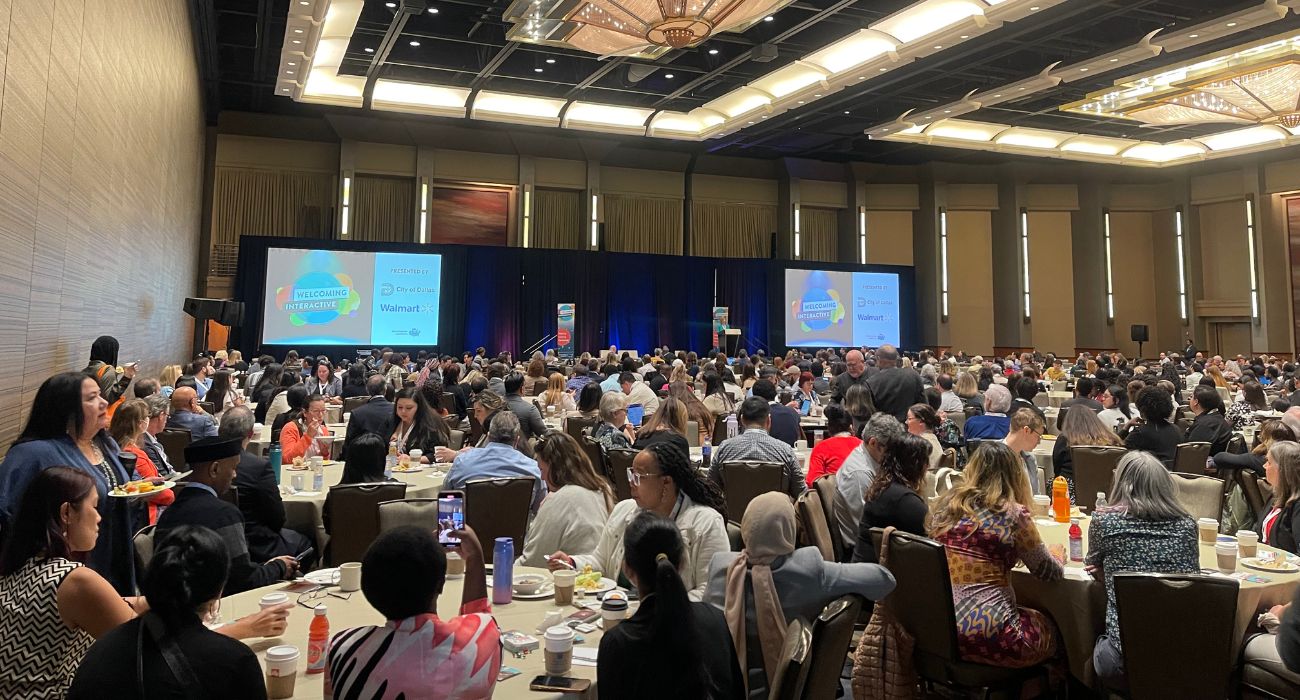
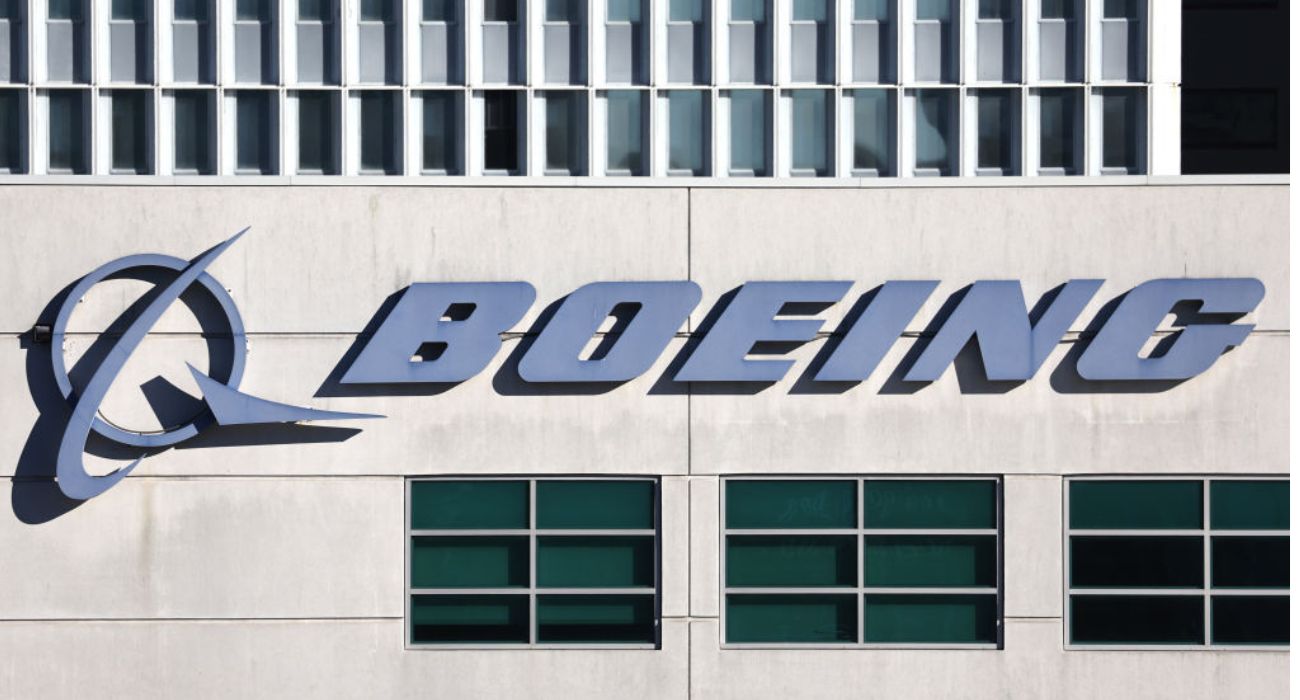
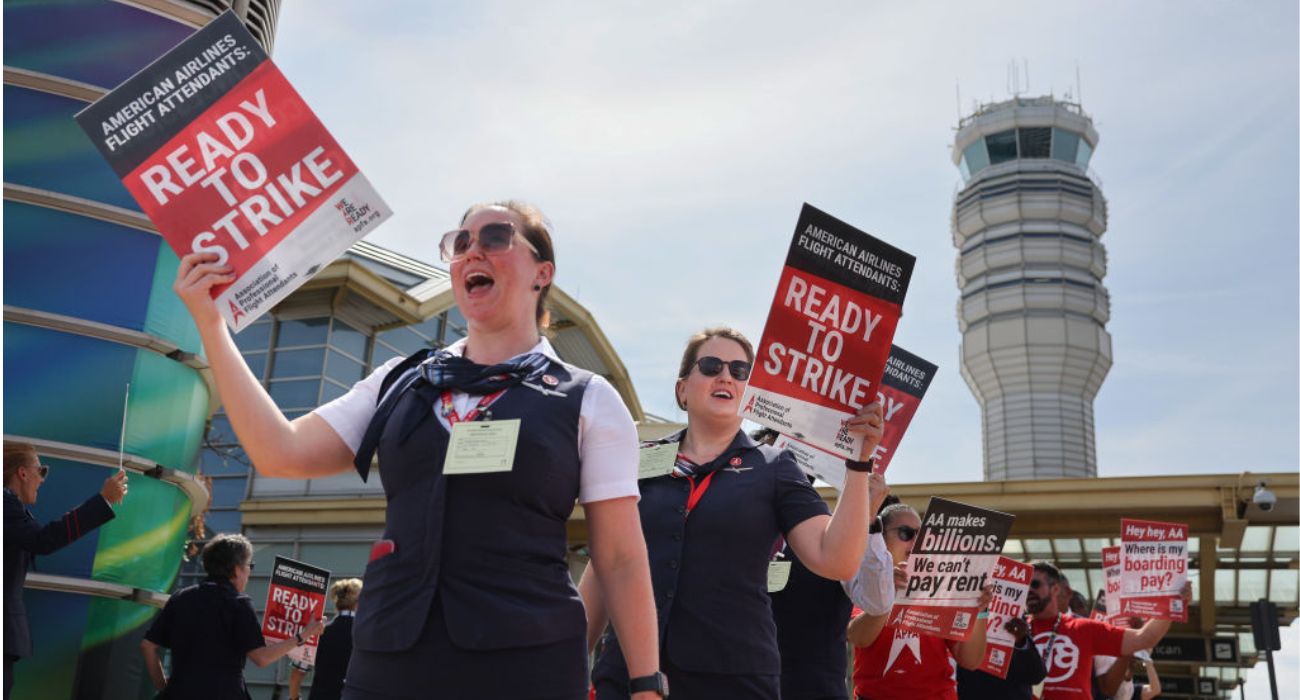
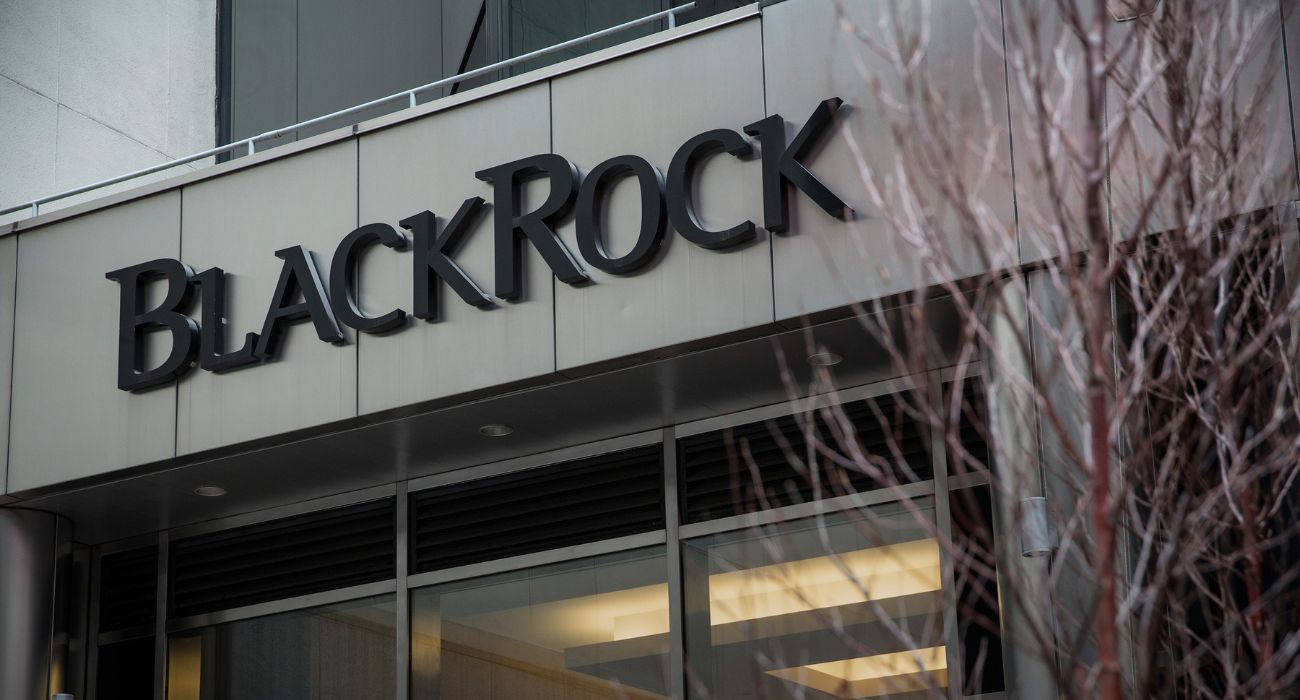
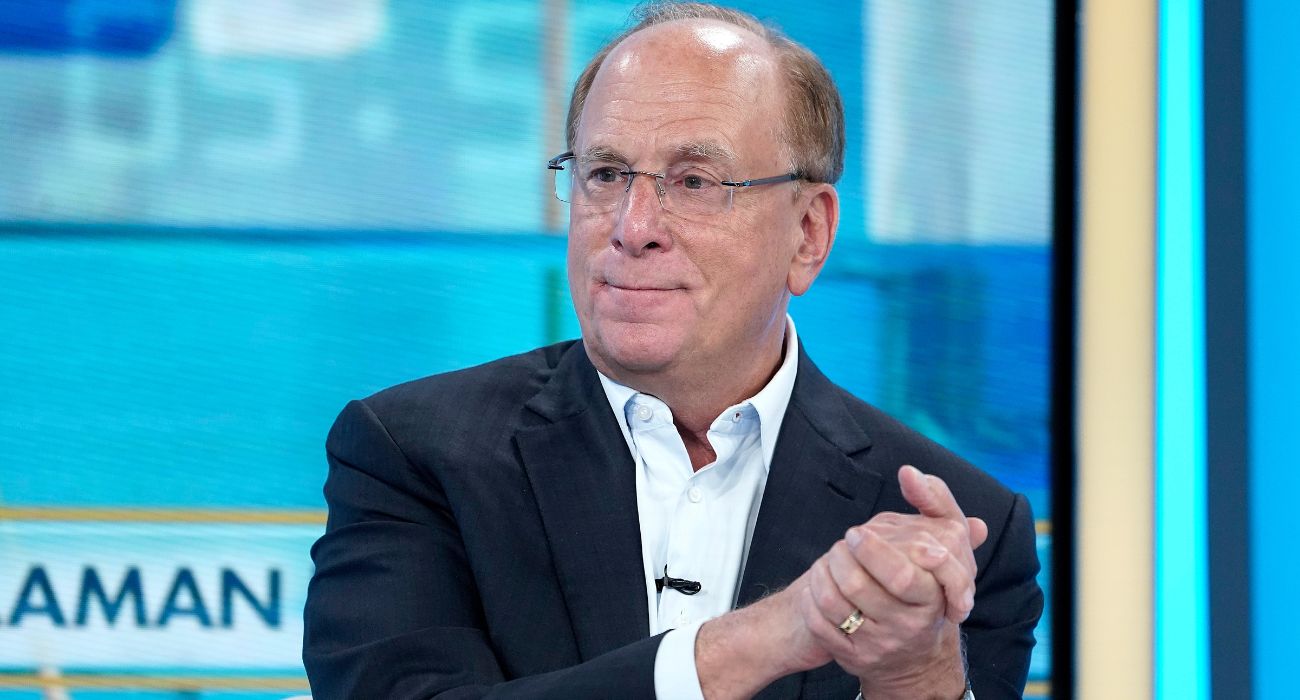
Perhaps… but also consider Gen X’ers lack of a work ethic in the first place.
I think moreso it is the generations after Gen X